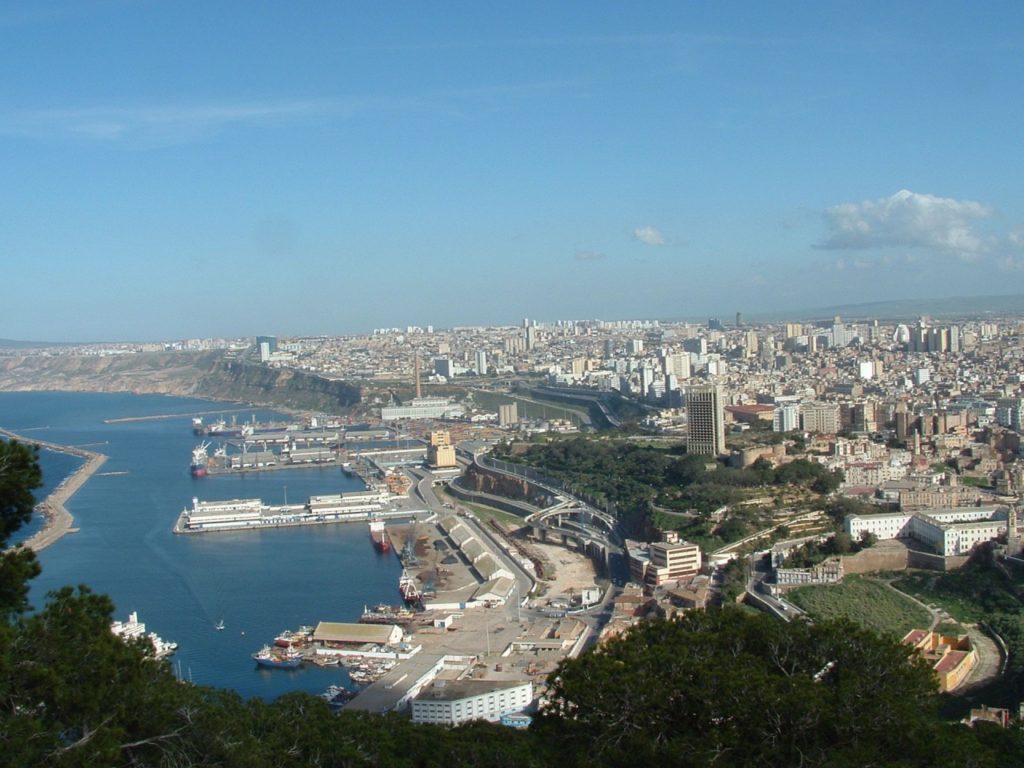Communications
Algiers remembers al-Andalus
Between April 2 and 4 last the city of Algiers hosted the international congress entitled Muslim Civilisation in Andalusia. 6th Century of the Hegira, XII A.D.. The event was organised by the Higher Islamic Council, an advisory institution attached to the Presidency of the Algerian Republic and chaired by Dr. Bouamrane Cheikh, who stated that “Relations between Europe and the Oriental world confirm exchanges and influences among their peoples without concealing the differences which distinguished, for example, 10th century Iraq from 12th century Andalus civilisation.”
The 12th century was declared the Ibn Ruchd (Averroes) Century by the Algerian institution, who selected the great Andalusian philosopher as foremost proponent of the rational thought of the time. The Foundation for Islamic Cultural (FUNCI) was invited to participate in the international event, with the presence of more than thirty speakers representing numerous nationalities and disciplines, and to this end submitted the paper entitled A great mystical expression in 12th-century al-Andalus contributed by its President, Cherif Abderrahman Jah, and read on his behalf by Inés Elexpuru, head of Communications, together with The scientific contribution of al-Andalus to European roots throughout the 12th century, submitted by Margarita López, Director of Studies and Research.
Philosophy played a prominent role in this context, as shown in the many presentations on the figures of Ibn Tufayl and Averroes contributed by specialists such as Paulo Daniel Farah, from the University of Sao Paulo, Jameleddine Ben-Abdeljelil, from the University of Vienna and Rudolph Ulrich, from the University of Zurich, among others. Material culture in the 12th century was addressed by French anthropologist Pierre Guichard and Portuguese anthropologist Cláudio Torres, responsible for the excavations in Mértola.
International representatives
Other professors included Shafa M. Al-Hamadi, specialist in Sharía, from the University of the Arab Emirates, Ahmand Helwani, from the University of Damascus, Pierre Bidart, from Bordeaux II, and António Dias Farinha, from Lisbon.
Spanish representatives, besides the two members of FUNCI, included Catalonian Arab specialist Miquel Forcada, who discussed philosophy in Andalus science, and Juan José Valle, specialist in medieval armed contests.
The Spanish influence is strongly felt in the capital city, as is the case in many other areas of the Algeria, particularly the region near Oran. This a result of the migrant flows of mainly of Andalus moorísh peoples who, after the fall of Granada, established what is today known as the Lower Kasbah, the old walled compound destroyed by an earthquake in the 10th century and occupied in the 16th century by the Ottomans.
The collective memory also retains the exploits of the Barbarroja (Redbeard) brothers who fought Spanish troops in their successive campaigns unsuccessfully aimed at conquering Algiers. The first attempt was led by Diego de Vera, the second, in 1519, by Hugo de Moncada, and in 1541 Charles V himself again tried to conquer the city but was repelled by Turks and Algerians as well as by a great storm which severely damaged his Armada.


